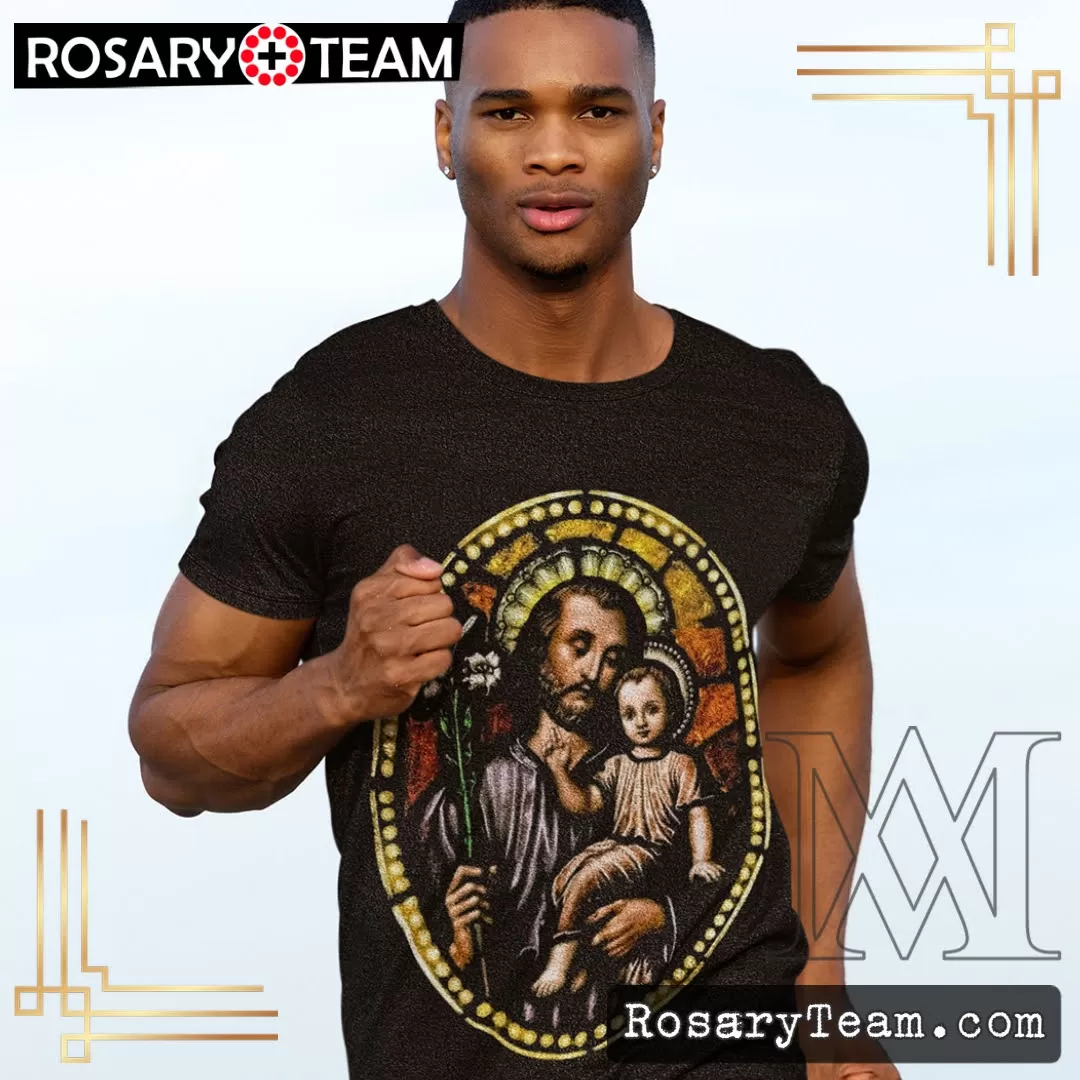Monday, November 14 : Saint Hilary

Jesus said: “If you know me, you know the Father too. From now on you know him and have seen him.” We see Jesus Christ, the man. The apostles had his outward appearance before their eyes, that is to say, his human nature, whereas God, who is without flesh of any kind, cannot be discerned in a wretched fleshly body. In what way, then, can it be said that to know him is to know the Father? These unexpected words trouble the apostle Philip…; the weakness of his human mind makes him unable to understand so strange a statement… So, with the impetuousness allowed by familiarity and his faithfulness as an apostle, he questions his Master: “Lord, show us the Father, and we shall be satisfied!”… It isn’t that he wants to look on the Father with his physical eyes, but he asks to have an understanding of the one whom he sees with his eyes. Since, seeing the Son in his human form, he fails to understand how, by this, he has seen the Father… Then the Lord answers him: “Have I been so long with you, Philip, and still you do not know me?” He reproaches him for not realizing who he is… Why had no one recognized him when they had been seeking him so long? It was because, in order to recognize him, they had to recognize the divinity, the Father’s nature, within him. Indeed, all the works he had done were properly God’s works: walking on the water, commanding the winds, accomplishing things impossible to understand such as changing water into wine or multiplying the loaves… putting demons to flight, banishing sickness, bringing healing to bodily ills, correcting disabilities from birth, forgiving sins, restoring the dead to life. All these things are what he has done in the flesh and these are what allow him to call himself Son of God. Hence his reproaches and lamentation: because no one recognized through the mysterious reality of his human birth the divine nature which was accomplishing these miracles through the human nature the Son had assumed.
maronite readings – rosary,team
















